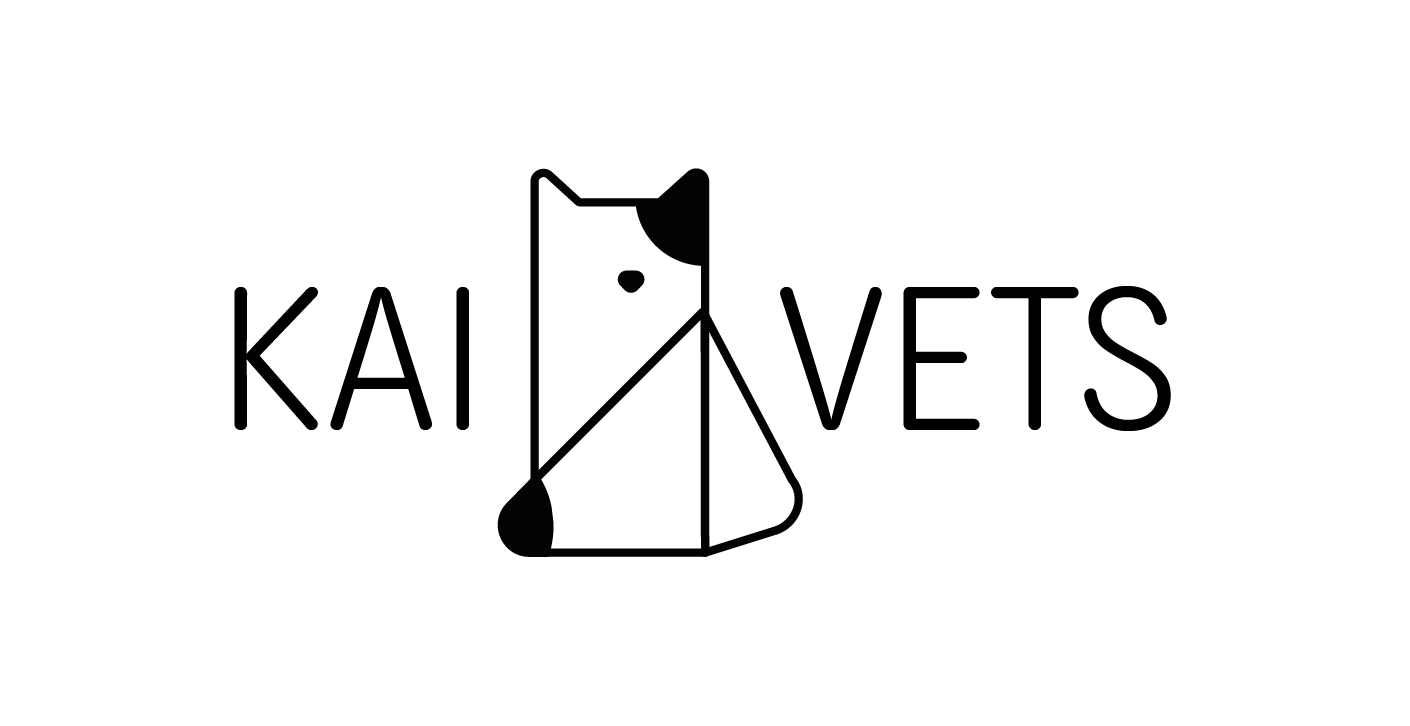PennHip
Kai's offers PennHip - A screening tool for dogs and cats that uses measurements of hip laxity to help provide an estimated risk for the formation of hip dysplasia and resultant hip arthritis
Useful links:
PennHip Brochure
PennHip Informational Video
FAQs
What are some benefits of PennHip?
- It is an accurate, objective method that is well- researched and published in Veterinary literature for hip screening
- It may be performed in dogs and cats as young as 16 weeks of age (4 months), allowing for early intervention if required
- The data obtained may help eliminate hip dysplasia genes out of a breeding stock
- Preventive or palliative measures may be recommended to treat canine hip dysplasia before it detrimentally affects a pets quality of life
Which breeds are at risk of hip dysplasia?
- It is most prevalent in golden retrievers, labrador retrievers, german shepherds, bulldogs and many other large breed dogs
- Maine coon, Persians and Himalayans are the common cat breeds predisposed to the condition
How is PennHip performed?
- It begins by sedating your pet to ensure complete relaxation, thereby allowing for ideal radiographic positioning
- 3 radiographic views are performed



Hip - extended view Compression view Distraction view
Pennhip is an outpatient diagnostic procedure that allows your pet to go home on the same day. Pennhip may be considered with other surgeries
